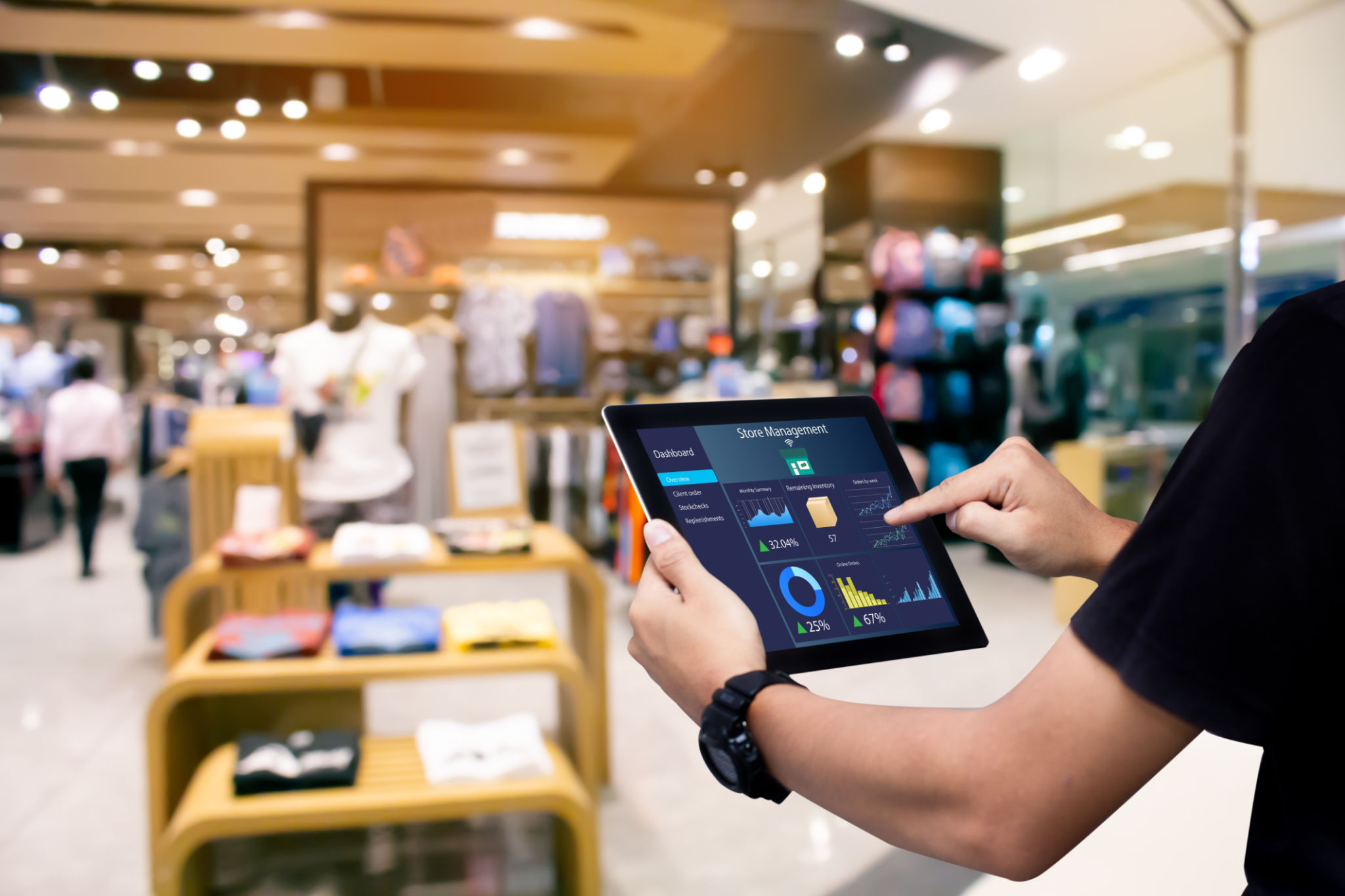The Future of Artificial Intelligence in Retail: Enhancing Customer Experience
Introduction to AI in Retail
Artificial Intelligence (AI) is rapidly transforming the retail industry, providing innovative ways to enhance the customer experience. From personalized shopping experiences to efficient inventory management, AI is setting new standards for retailers worldwide. As technology continues to evolve, understanding its impact on retail can help businesses stay competitive and meet consumer expectations.

Personalized Shopping Experiences
One of the most significant benefits of AI in retail is personalized shopping experiences. By analyzing customer data, AI can offer tailored recommendations, ensuring shoppers find products that match their preferences. This not only increases customer satisfaction but also boosts sales by encouraging impulse purchases.
Retailers are leveraging AI-powered chatbots to provide real-time assistance to shoppers. These chatbots can answer questions, offer product suggestions, and even process orders, all while learning from every interaction to improve future responses.
Efficient Inventory Management
Inventory management is crucial for retailers, and AI is revolutionizing this aspect by predicting demand more accurately. Through machine learning algorithms, AI can analyze historical sales data, weather patterns, and even social media trends to forecast demand. This helps in optimizing stock levels and reducing waste.

AI also assists in automating restocking processes. With smart sensors and IoT devices, retailers can track inventory levels in real-time, ensuring shelves are always stocked with the right products. This minimizes the risk of stockouts and overstock situations.
Enhanced In-Store Experience
In-store experiences are also being enhanced through AI technologies. Facial recognition and smart mirrors are becoming more common, offering customers a unique and interactive shopping experience. These technologies can suggest outfits based on what a customer tries on or even recognize returning customers to offer personalized greetings and recommendations.
Moreover, AI-driven analytics provide retailers with insights into foot traffic patterns and customer behavior within the store. This data enables retailers to optimize store layouts and improve product placement strategies to maximize sales.

Conclusion: The Road Ahead
The future of AI in retail is promising, with continuous advancements expected to further enrich consumer experiences. Retailers who embrace these technologies will not only enhance customer satisfaction but also gain a competitive edge in the marketplace.
As AI becomes more integrated into retail operations, it is essential for businesses to remain informed and adaptable. By doing so, they can leverage AI's full potential to create seamless and engaging shopping experiences that meet the evolving needs of their customers.